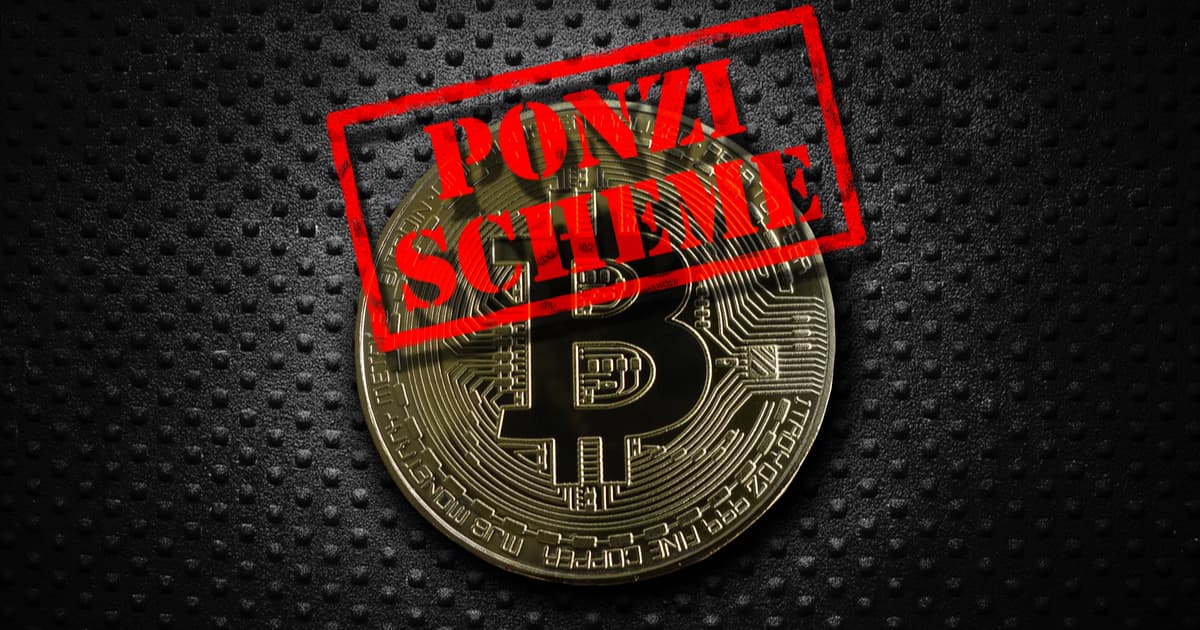Two suspects have been arrested by the French police in connection with Platypus
Zach Anderson Feb 28, 2023 10:24
French authorities apprehended two individuals in Platypus' $9.1 million exploit.

According to the authorities in the area, the French police have made two arrests in connection with the 9.1 million euro cryptocurrency heist that was perpetrated by Platypus, and they have also reported seizing 210,000 euros worth of bitcoin.
According to Platypus, the on-chain sleuth ZachXBT and the cryptocurrency exchange Binance provided help for the investigations that led to the arrests. On February 16, a single exploiter carried out three different flash loan assaults, each of which resulted in a breach of the decentralized system.
As a consequence of the assaults, a number of stablecoins in addition to other digital assets were stolen. The first assault led to the theft of valuables worth roughly $8.5 million, which were then sold off. In the second occurrence, about 380,000 assets were delivered to the Aave v3 contract when they should not have been. The third break-in resulted in the theft of around $287,000 worth of goods. As a direct consequence of the hack, the stablecoin known as Platypus USD (USP) was untethered from the United States dollar.
Platypus has just established that the perpetrators employed a flash loan technique in order to investigate a logic flaw inside the USP solvency check mechanism within the collateral-holding. The operations of the stable swap have not been disrupted in any way.
Avi Eisenberg, the exploiter of Mango Market, is said to have employed the similar technique, which is known as a flash assault, when he claimed credit for manipulating the price of the MNGO currency in October 2022. Following the discovery of the vulnerability, Eisenberg said that "all of our acts were legitimate open market actions, utilizing the protocol as it was intended." On December 28th, Eisenberg was taken into custody in Puerto Rico on allegations related to fraud.
On February 23, Platypus made public their proposal to reimburse customers who had their monies stolen. The protocol stipulates that 63% of the monies from the primary pool shall be returned within a period of six months. Reminting the stablecoins that have been frozen according to the plan might result in 78% of the cash being returned. According to what was indicated in the protocol, "if our application presented to Aave is granted and Tether verifies reminting the frozen USDT, we will be able to retrieve about 78% of user's cash."
Image source: Shutterstock.jpg)
